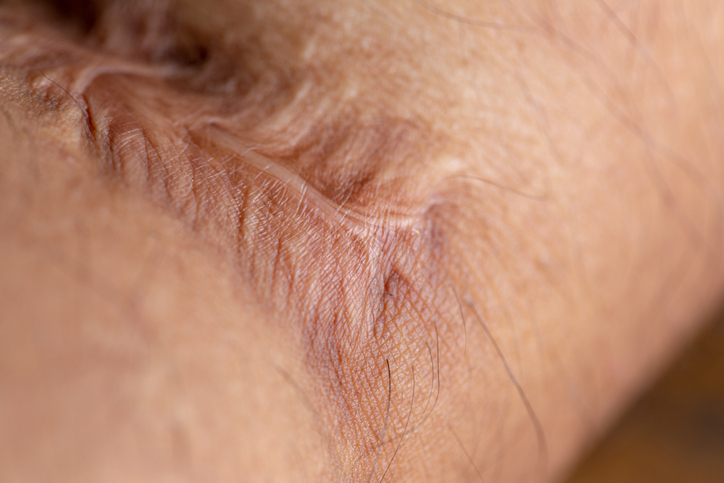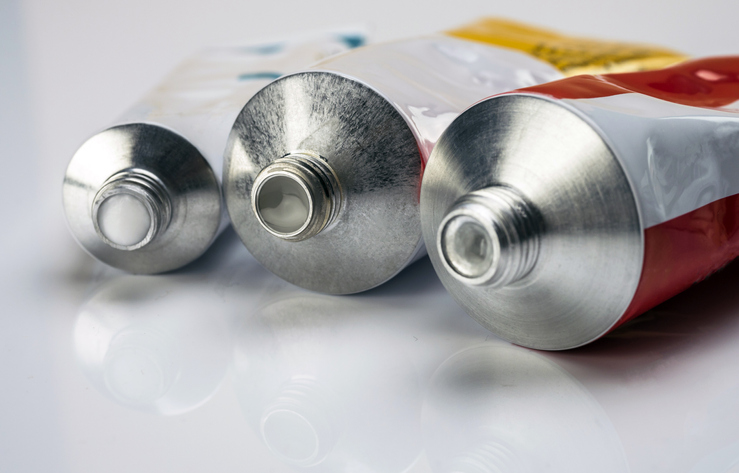Pain
Progression and Potential Complications of Hidradenitis Suppurativa

What is hidradenitis suppurativa?
Hidradenitis suppurativa (HS), or acne inversa, is a chronic skin condition characterized by painful, boil-like lumps that form in blocked hair follicles under the skin. The lumps may eventually rupture and leak pus and blood. As the ruptures heal, hard, rope-like scars and sinus tracts (tunnels under the skin) often form, which can restrict movement.
Progression of hidradenitis suppurativa
Hidradenitis suppurativa is categorized into three progressive stages based on the severity of symptoms. These stages are known as Hurley stages.
- Hurley stage I is the mildest stage of HS. During this stage, HS consists of one boil or multiple boils without tunneling or sinus tracts. The HS is not widespread.
- Hurley stage II is the moderate stage of HS. Boils become more widespread in this stage. Multiple boils form and may begin to break open and release pus. Tunneling under the skin (sinus tracts) may begin to form.
- Hurley stage III is the most severe stage of HS. Multiple, widespread boils and sinus tracts develop. Pain and scarring is common. Hurley stage III can be very difficult to treat.
Early detection and treatment of HS can prevent progression and potential complications of the condition.
Potential complications of hidradenitis suppurativa
If left untreated, HS can become severe and lead to complications. Possible complications of HS include the following:
- Infection in or near the affected areas
- Scars and other skin changes
- Restricted movement (due to severe scarring and thick bands of scar tissue)
- Obstructed lymph drainage (due to scar tissue), which causes a buildup of fluid in the arms, legs or groin
- Social isolation, depression or anxiety (due to the appearance, odor or pain associated with HS boils)
- Squamous cell carcinoma or other forms of skin cancer
Early diagnosis and adequate treatment of HS can help prevent potential complications of the condition.















